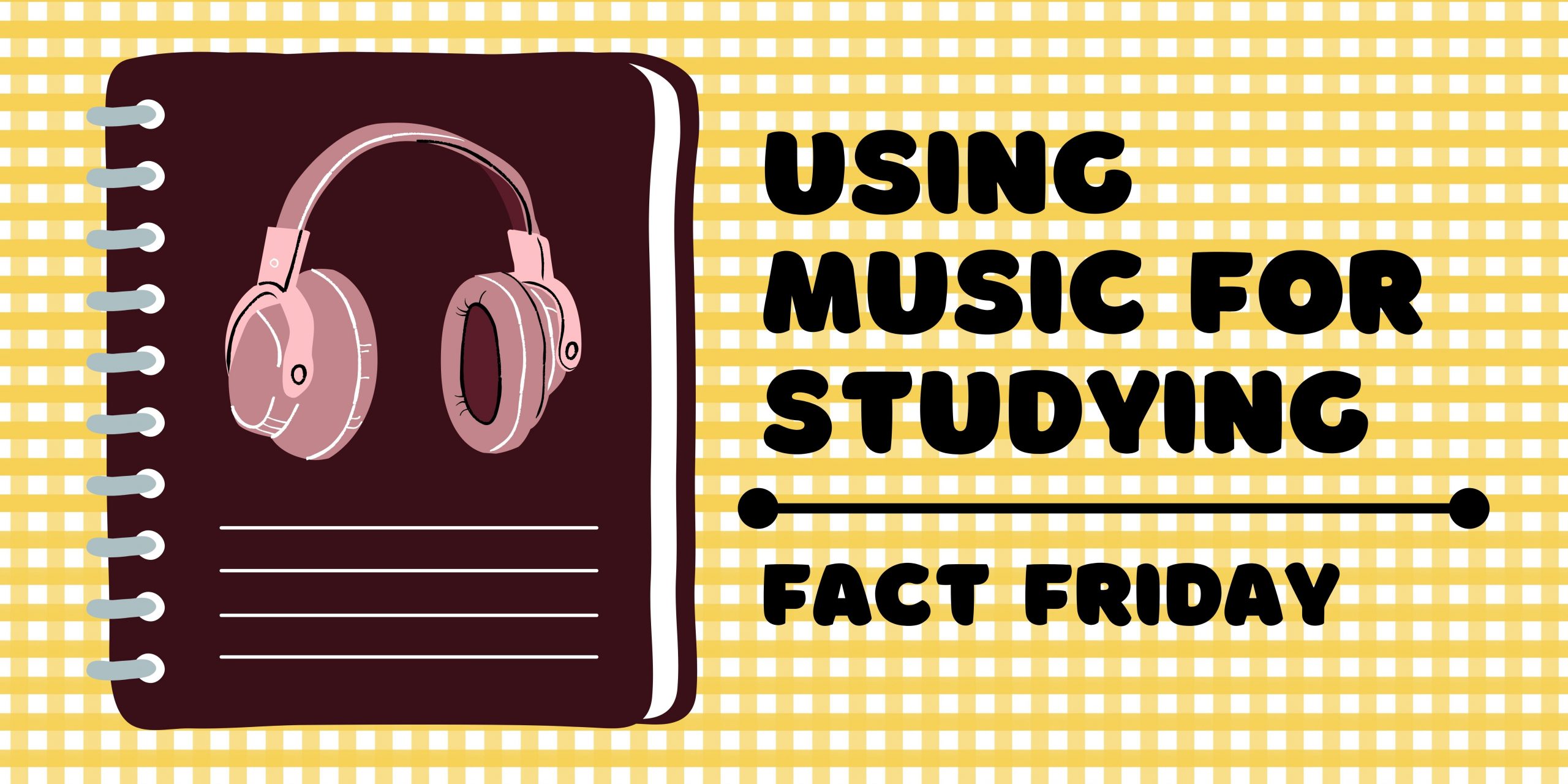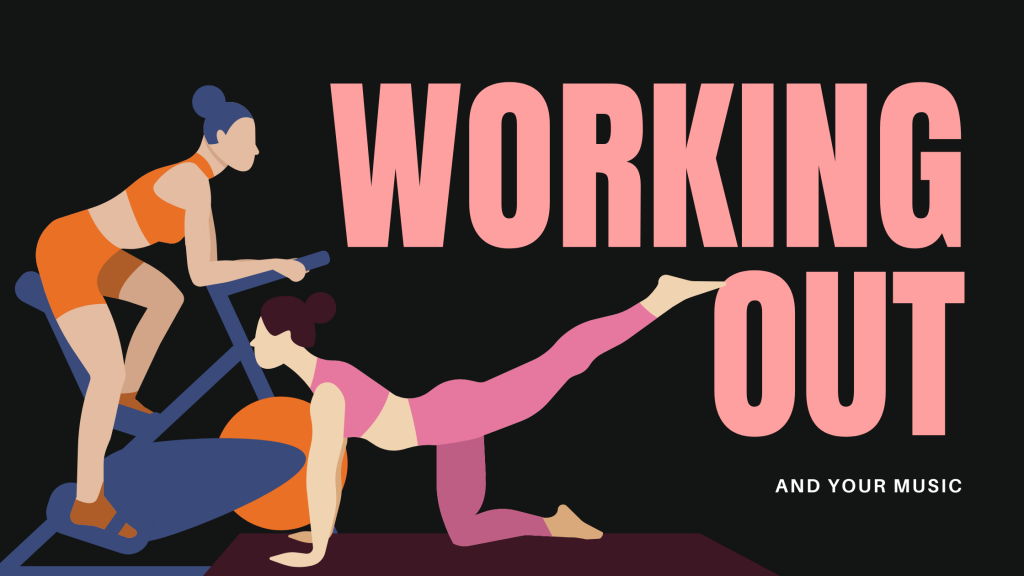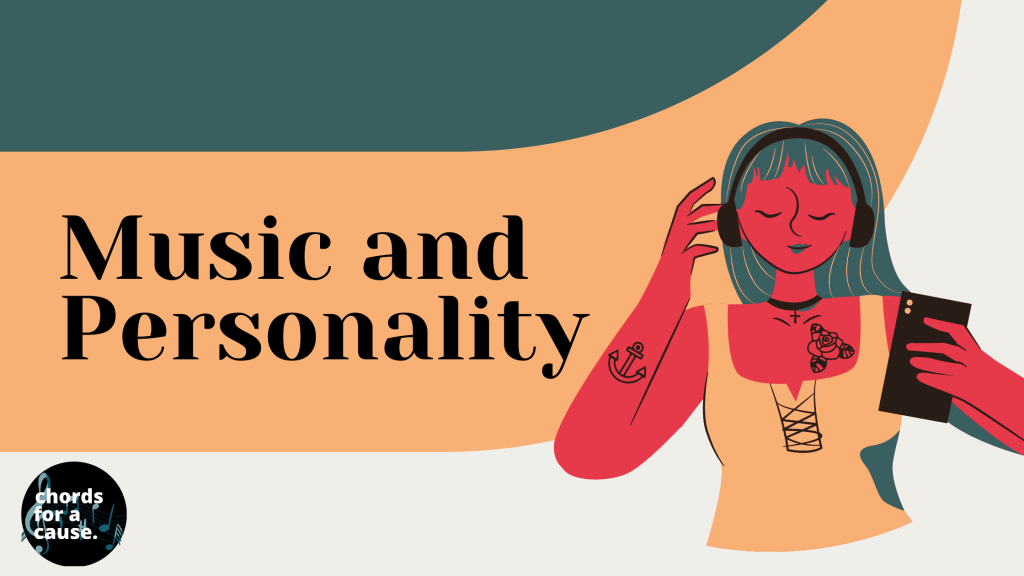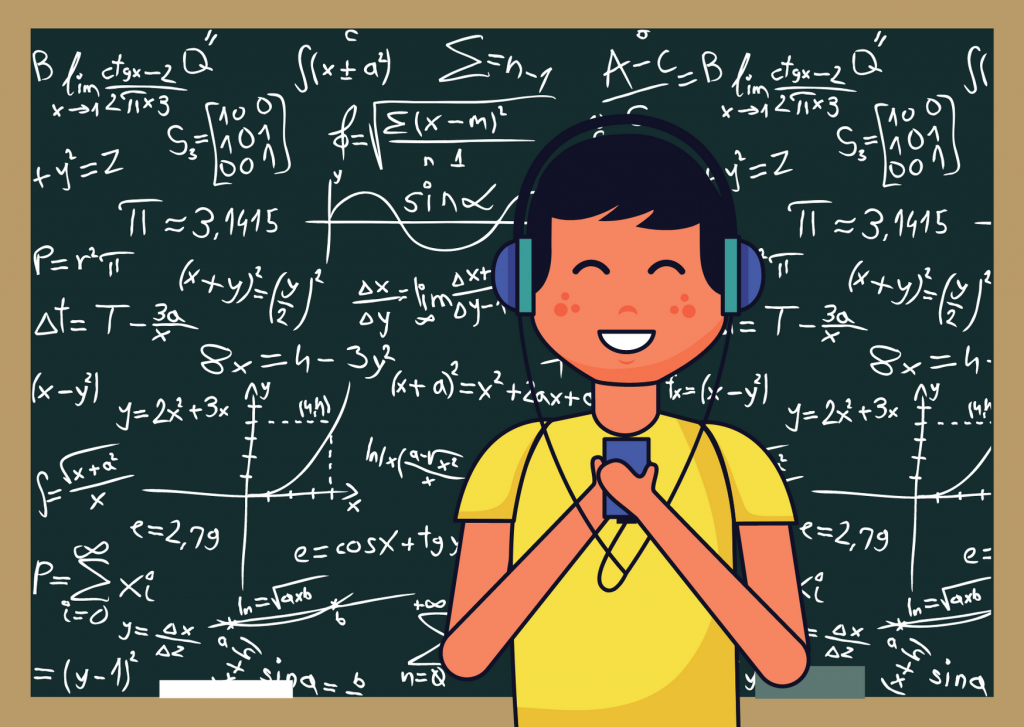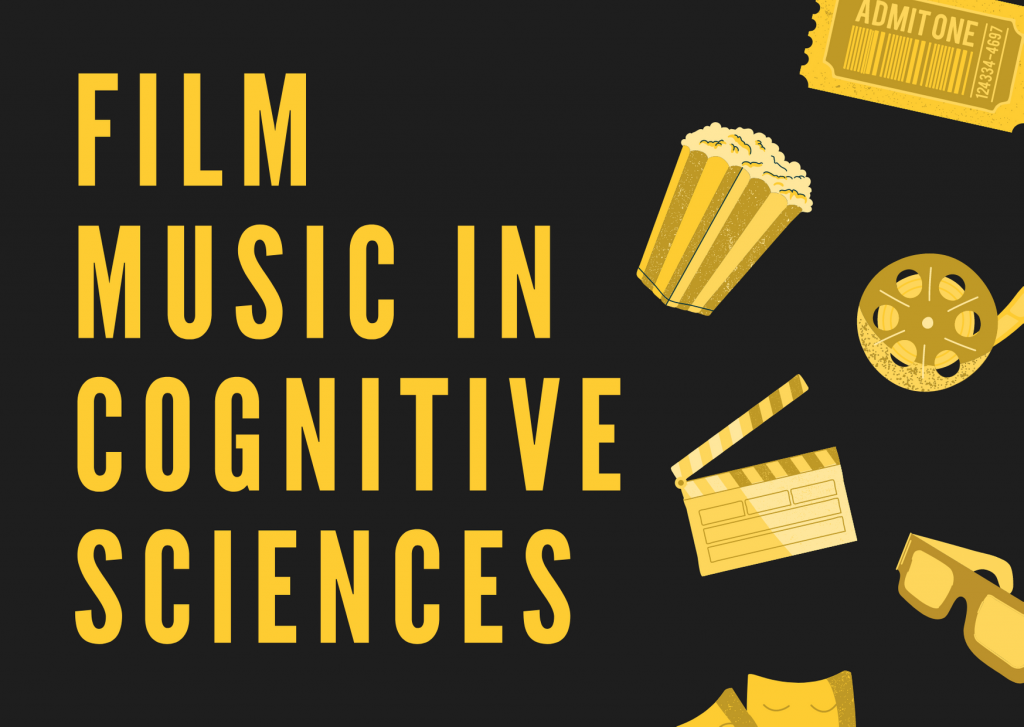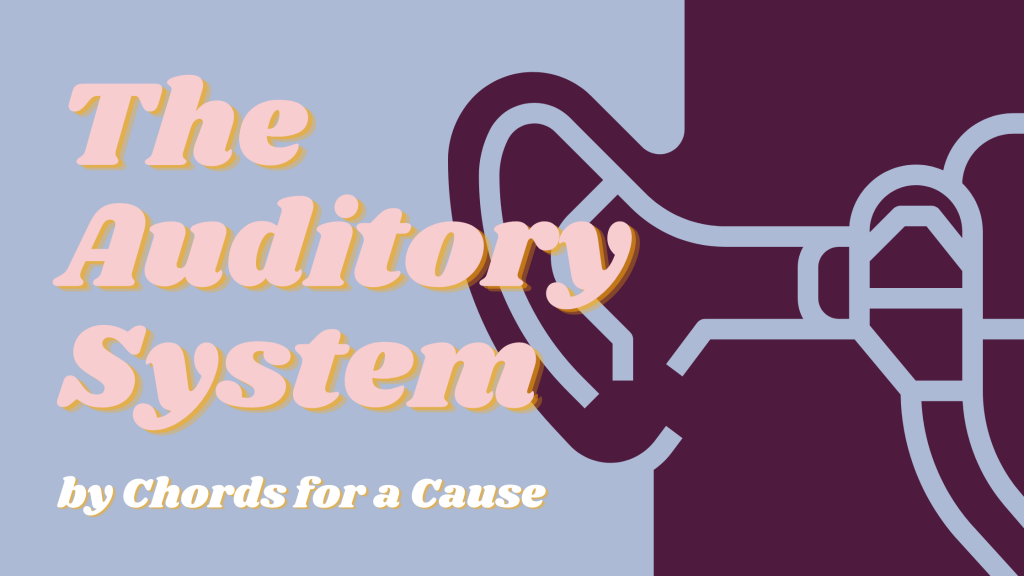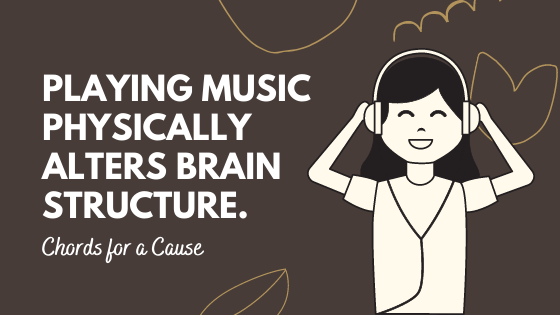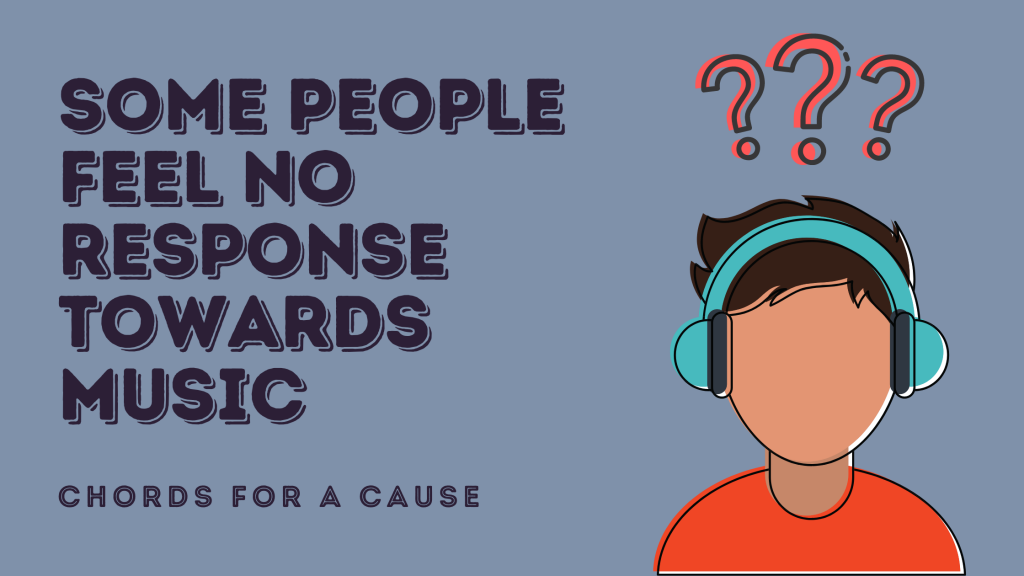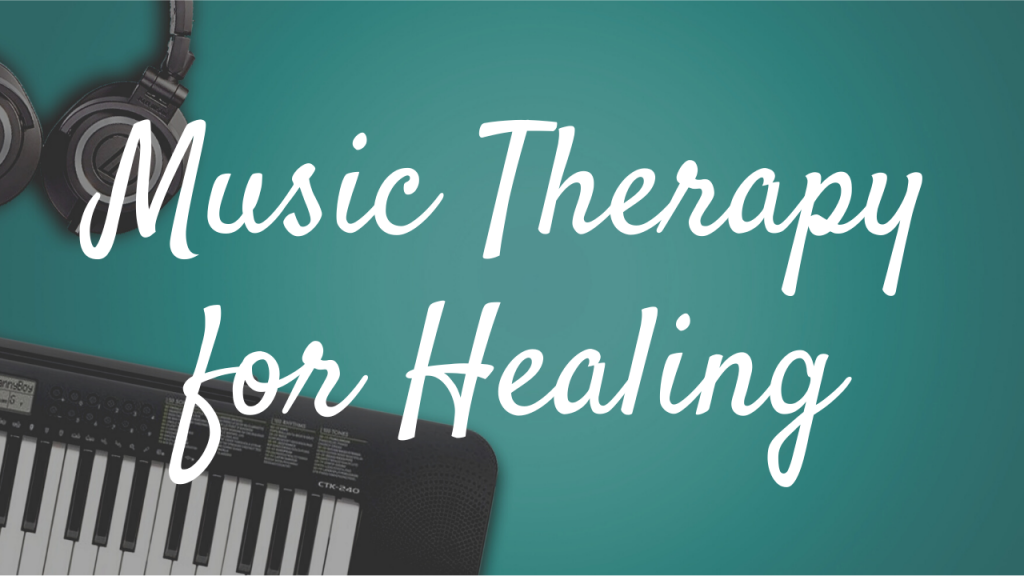Using Music for Studying
Although listening to music while studying affects everyone differently, the action has been proven to increase concentration, alertness, and memory. If you enjoy music, it triggers the same hormones as other things you enjoy, thus putting you in a state where you are much more willing to maintain information. In addition, it also helps alleviate…
Read more


